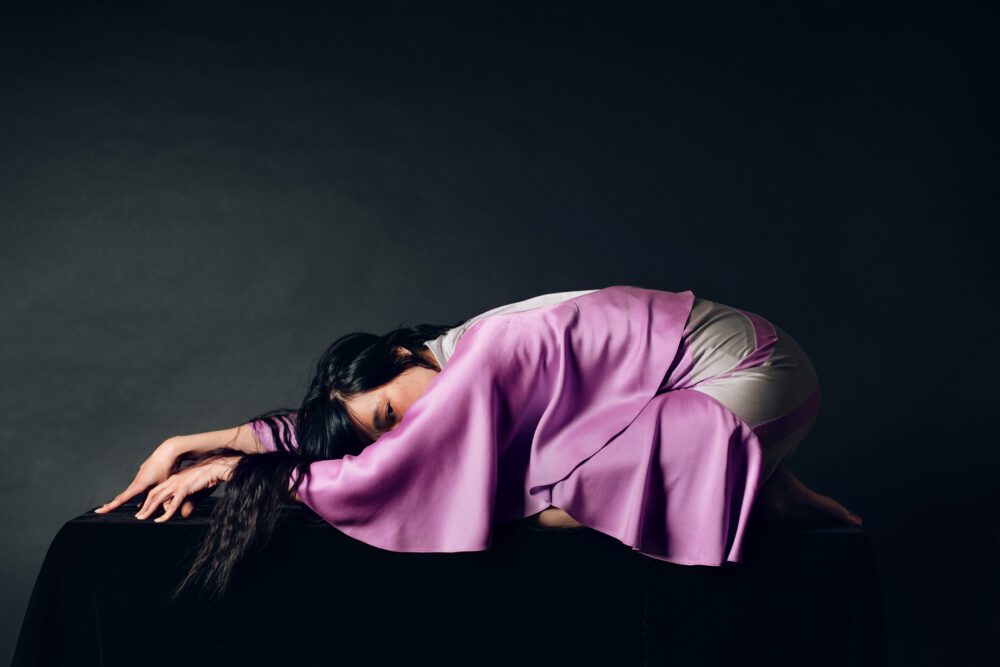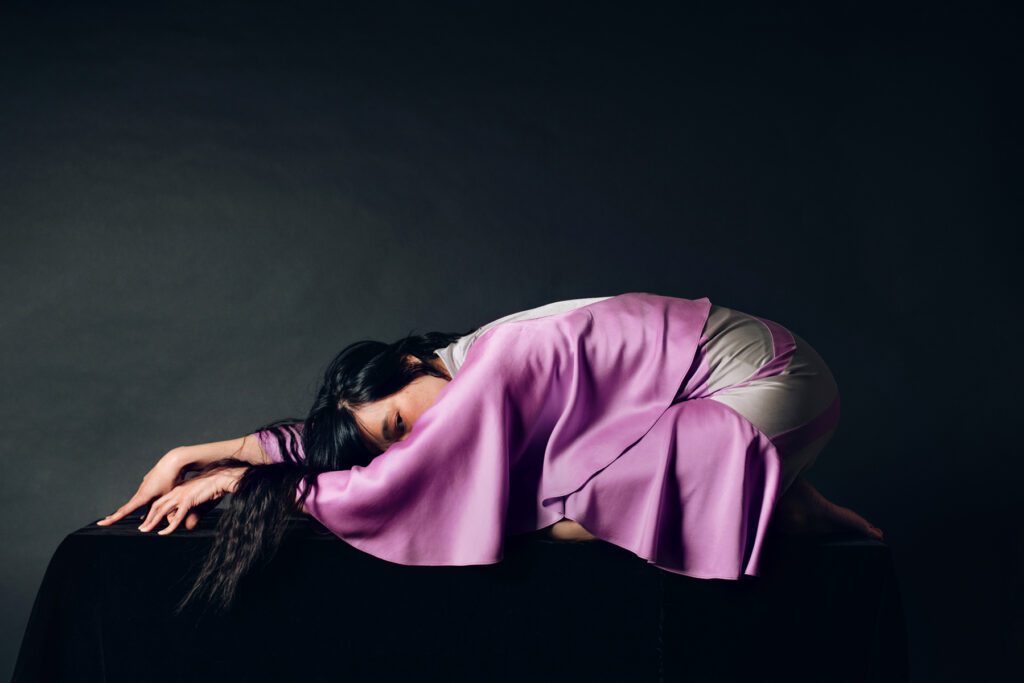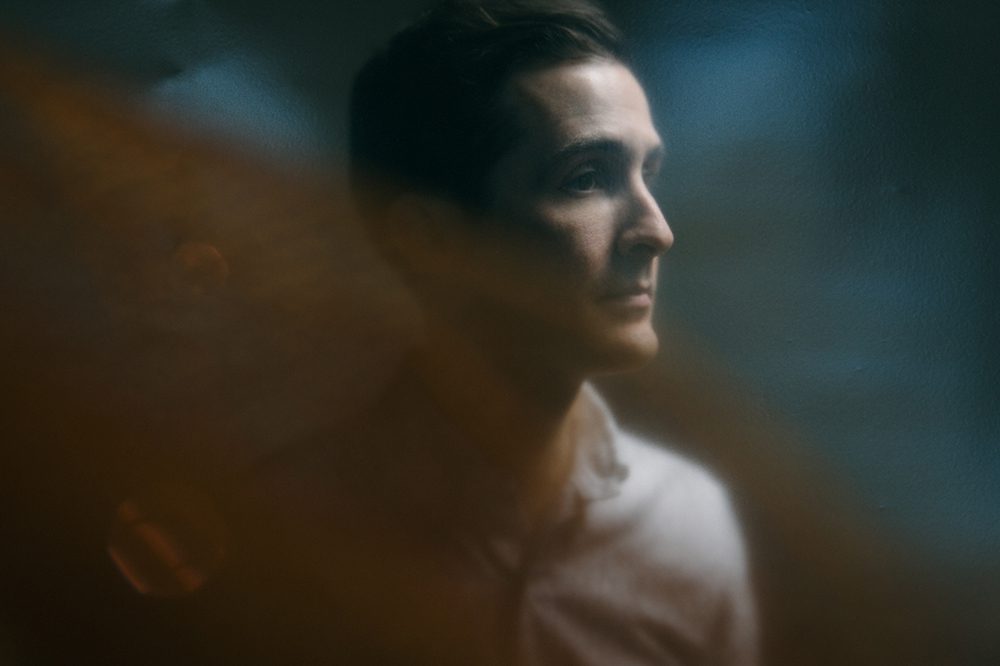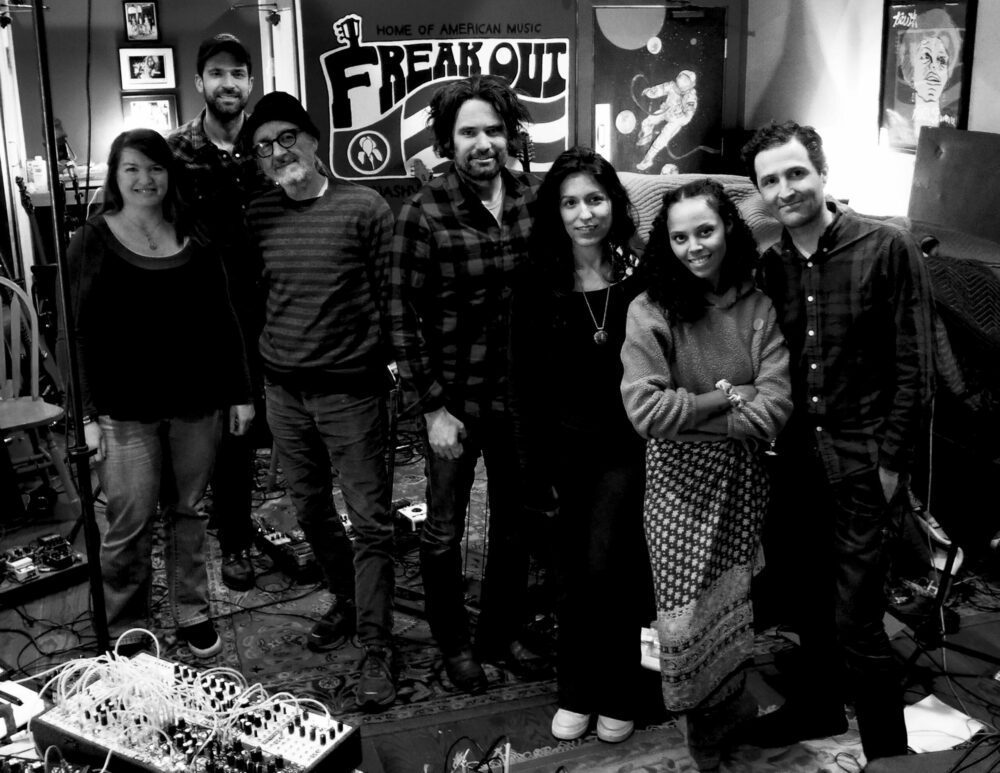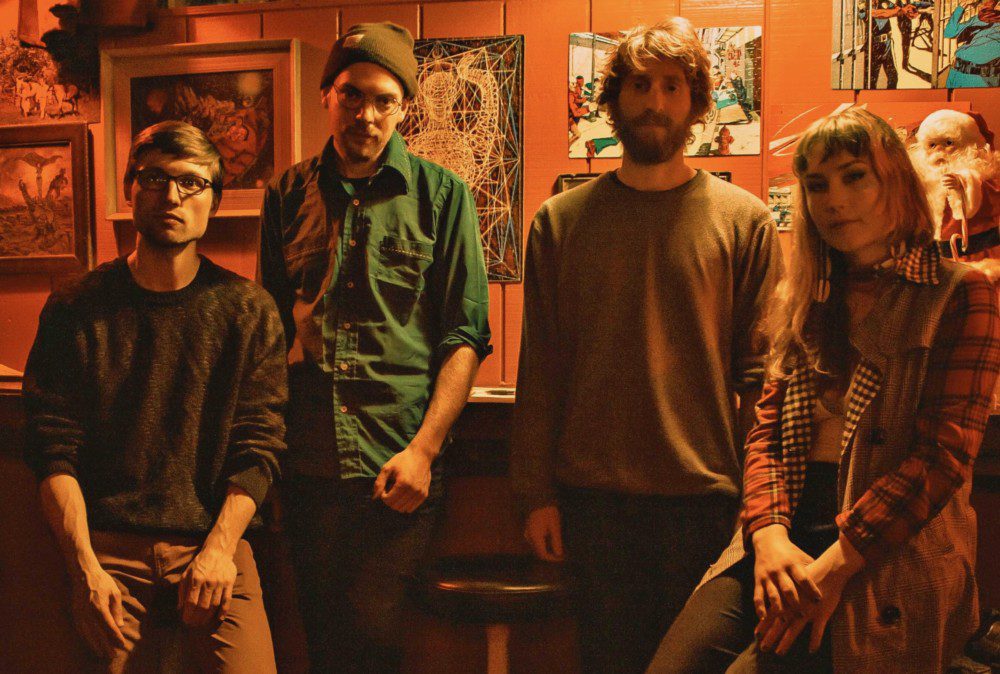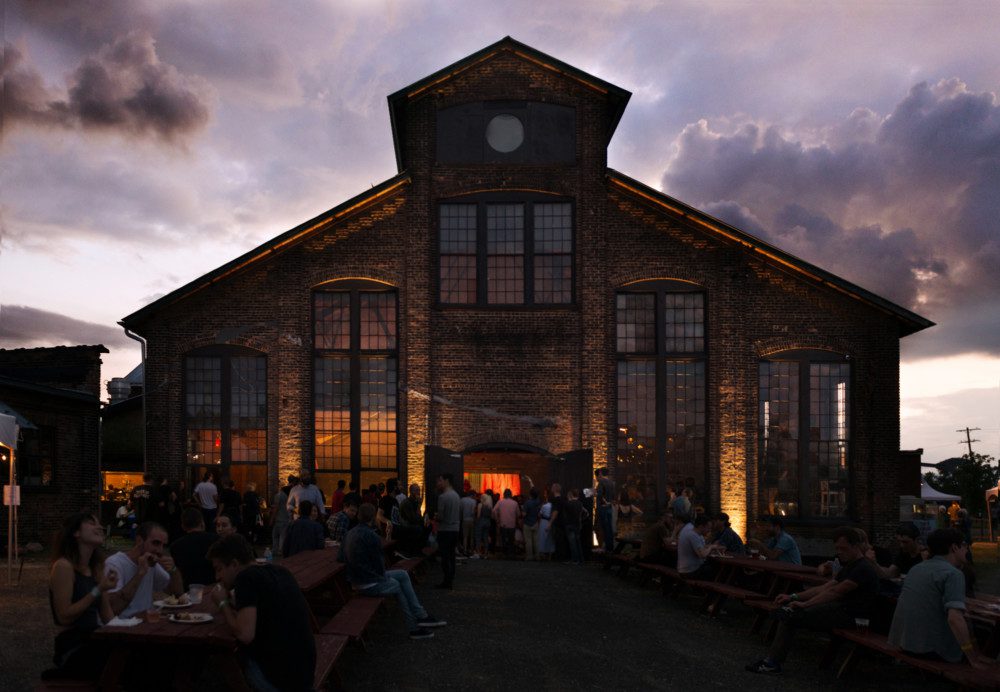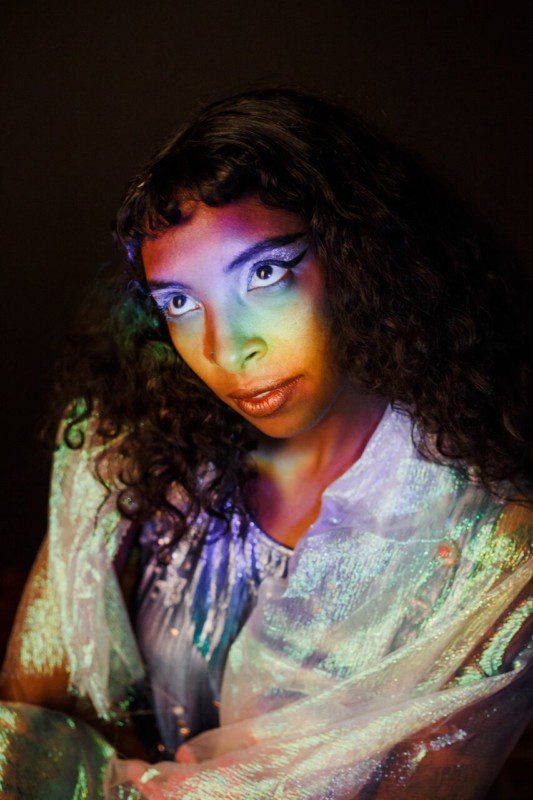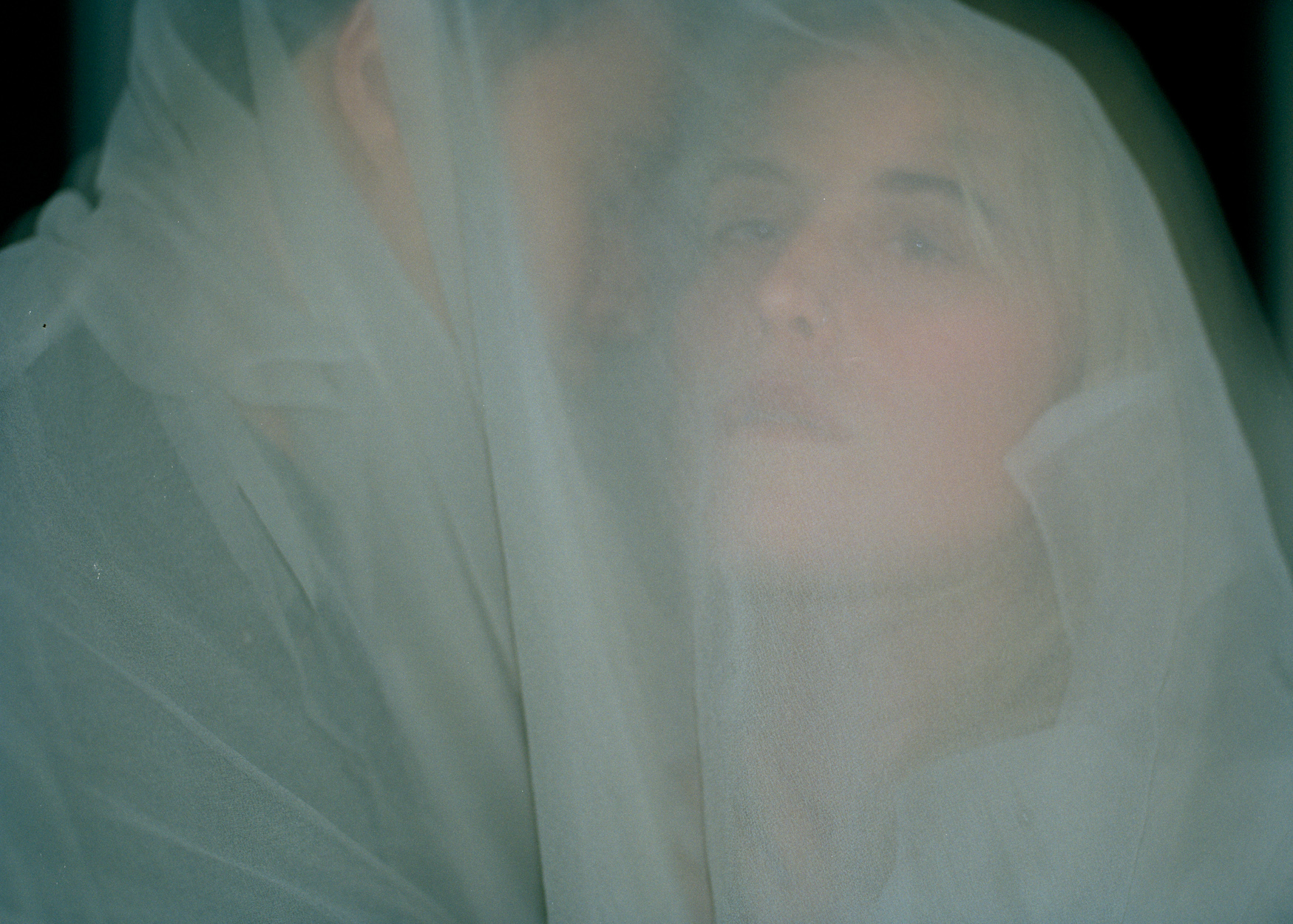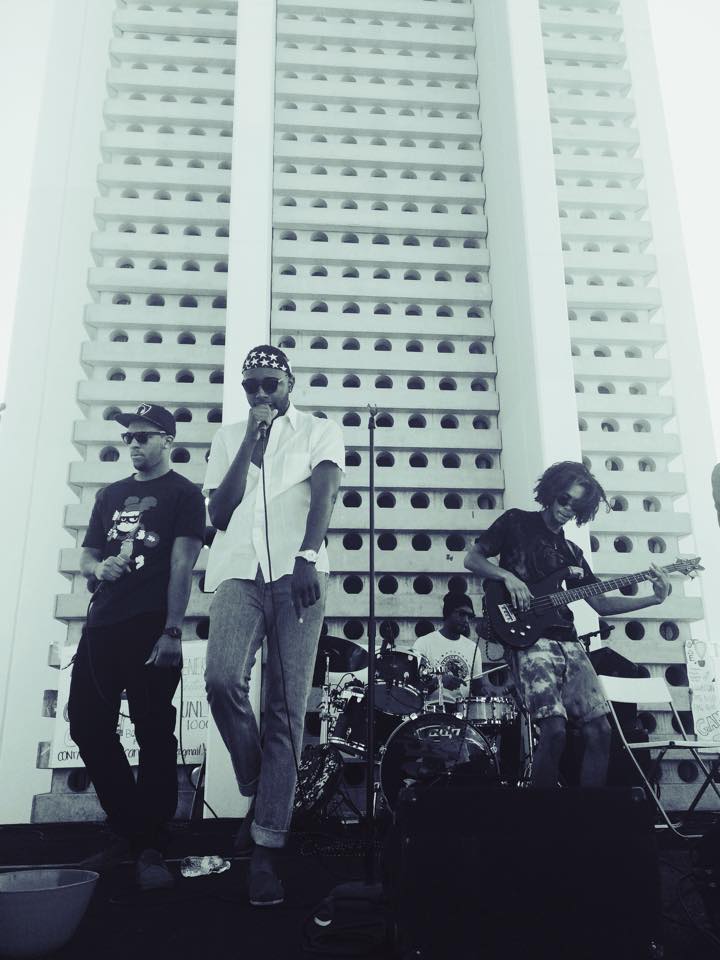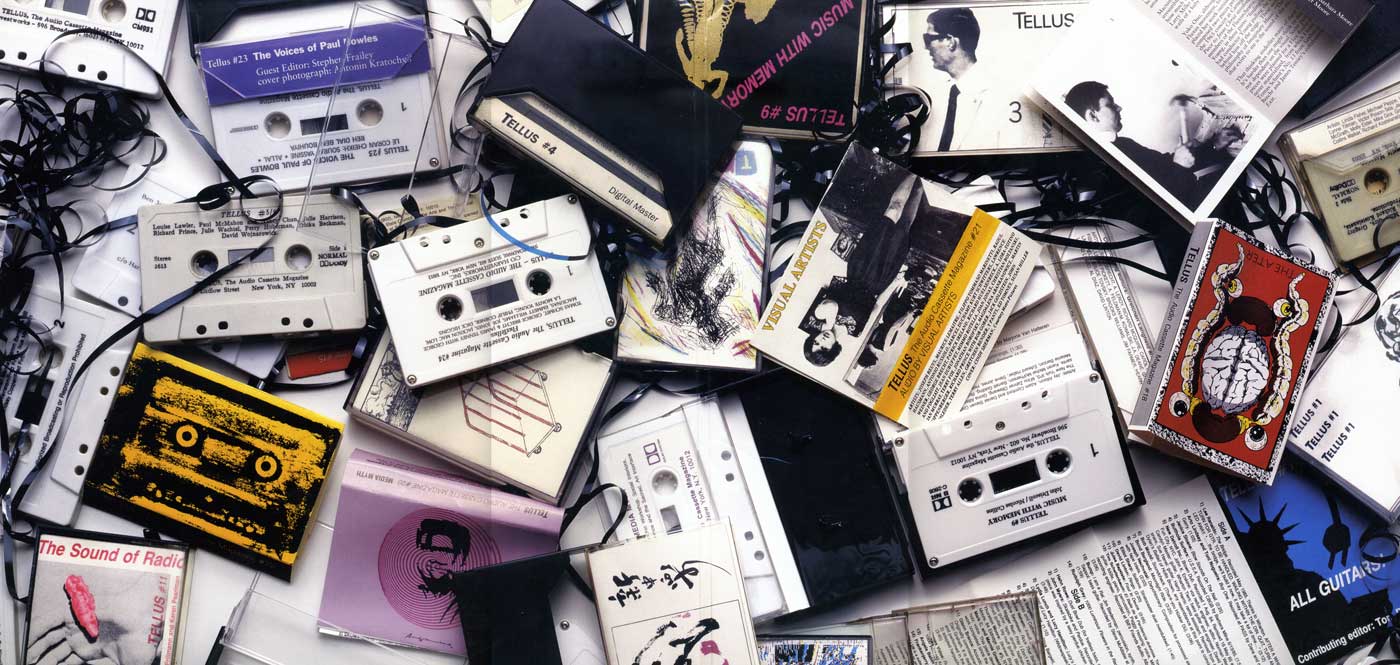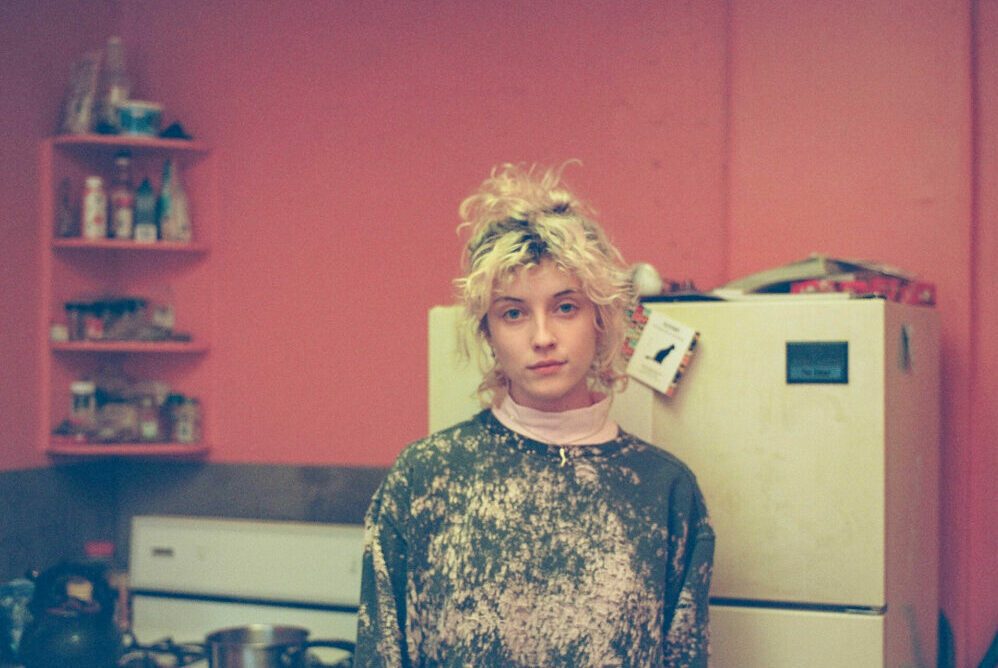
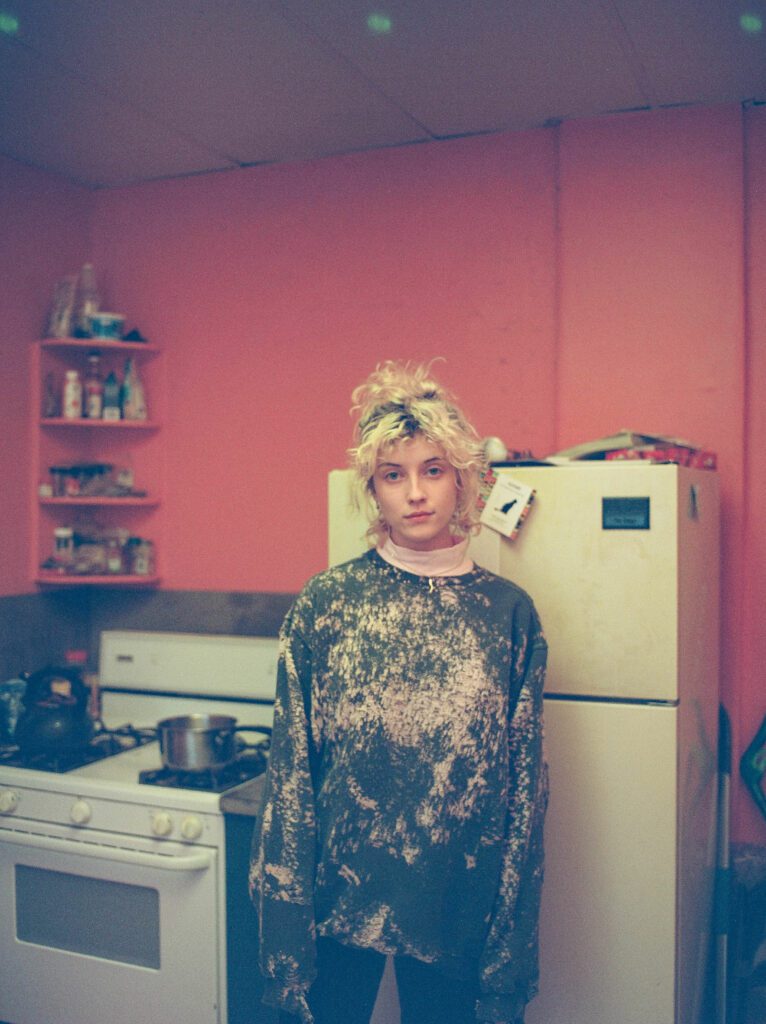
There is no one way to grieve. Losing someone you love is one of the hardest parts of moving through life, and it often alters the way we see the world and ourselves. Valerie Salerno’s new solo project, Dick Texas, was formed out of a need to process her own grief and find a cathartic way to deal with the deaths of two of her closest friends. “I think that grief is something that just sticks in you,” says the Grand Rapids-based artist. “The best way to deal with it is to just put it into music. It just completely listens to you.”
In her first single as Dick Texas, Salerno uses dark synth tones and distorted recordings of her late friend telling a story to paint a portrait of her unique experience with grief. Before starting this project, Salerno played in Sojii, a noise-rock outfit that often prioritized a harsh sound over identifiable lyricism. She says that part of starting Dick Texas was fueled by her desire to be fully heard. “In a band, I kept hitting this wall where I couldn’t be heard musically and creatively,” says Salerno. “So, I was like, I’m gonna sit down and write all these songs by myself so I cant blame it on anyone else.”
This was in the spring of 2019, right before the pandemic started. She had decided to quit Sojii and start experimenting with synths. Shortly after, two of her best friends passed away. “Flies” deals with the painful fallout surrounding this tragedy and the exceptionally poignant agony of grieving in near solitude. “Never realized how full I was when I could always find you out there,” Salerno sings, starting the song with a familiar echo of taking loved ones for granted while they’re still here. She explains that the first lyrics for the song were spurred when she and a few friends were clearing out their late friend’s room.
“We were walking through [his] room, cleaning out his stuff and the air felt so palpable and thick and tangible,” Salerno says. That’s when she wrote down the song’s first lyric in her notes app: “The air in the room can’t hold its own head up.” It’s a perfect way to encapsulate grief – as if the air is absorbing the darkness around it and falling prey to the same sadness as the people who are breathing it in.
Salerno explains that although she sang in Sojii, a lot of it was screaming, and even that was often drowned out by other instruments or loud feedback. She says it’s been refreshing to have control over how her words are received. “Words and literature are my first love,” says Salerno. “I didn’t start playing music until I was ten but I was reading and writing before that so it’s really special to have that [voice] heard.” And while Salerno’s lyrics are poetic, she makes sure to communicate exactly what she’s feeling without fluff or euphemisms. “As a person, I hate small talk. It literally gives me panic attacks,” Salerno shares. “I don’t think I’m special in my loss and pain; I think everyone feels those things. People should feel better about being able to share them.”
Although Salerno’s right about the universality of loss and grief, her ability to distill the complexities of these feelings into a three-minute song is something that doesn’t come around often. She honors her friends by preserving the humanity of their relationship – the fights, the drunken nights and the feeling of home that comes when you’re around true friends. “I wish we could argue again/In flesh and blood/With words that cut/Like we’ve done before/Got a lot of poison in my soul.” Salerno lets herself miss every part of the friends she lost, to the point where she realizes it’s consuming her. “I wanna do more than just miss you,” she sings in a voice that mirrors the monotone of emotional exhaustion.
“Flies” is the culmination of Salerno’s grief, anger, sadness and resolve to heal. After a months-long bender of grieving with friends and loved ones, she turned to her music as an alternative coping mechanism. “I sat down and was like, okay, I’m not gonna drink anymore, I’m not gonna feel bad for myself. I’m just gonna start putting those feelings into music,” she remembers. “Flies” (and its intro, “Prelude to Flies”) are the first iteration of that healing process and a sobering reminder to love your friends while they’re still here.
Follow Dick Texas on Instagram for ongoing updates.

